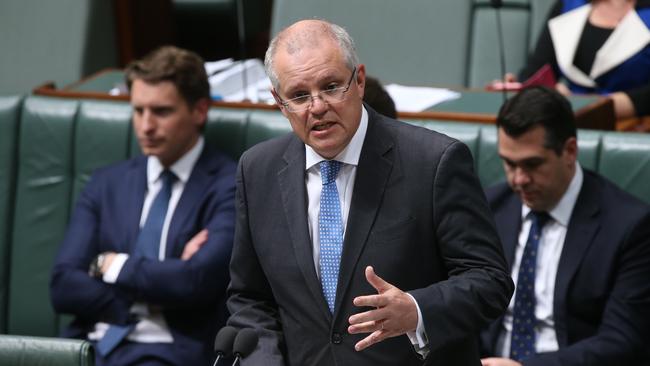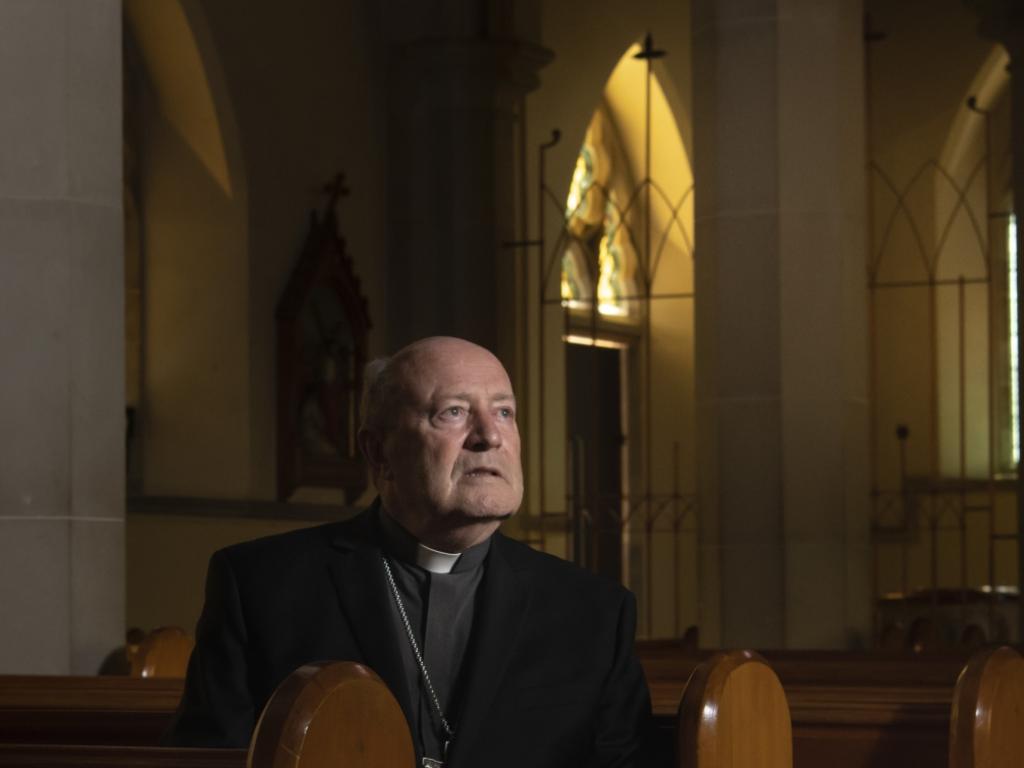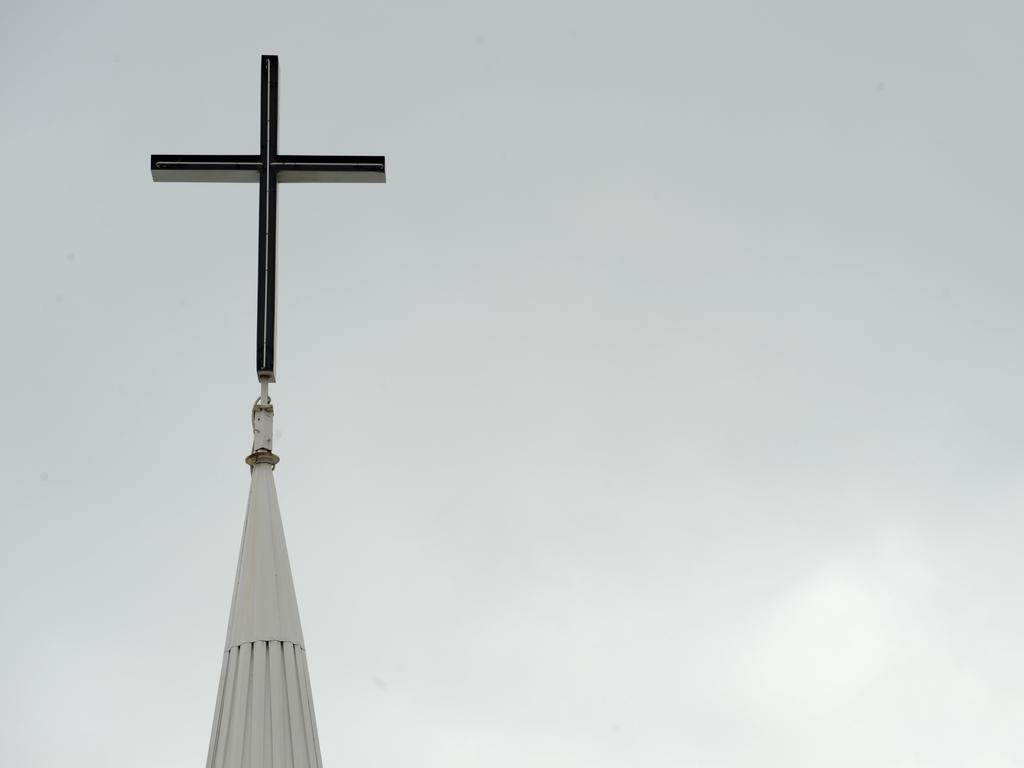
The failure to legislate against discrimination on the basis of religious belief was remarkable for what it revealed about the state of government. We saw the disproportionate power wielded by crossbenchers and a handful of so-called moderate Liberal MPs whose actions led to the Coalition breaking faith with the electorate. The religious discrimination bill promised at the last election is dead in the water.
The Coalition has suffered internal division for years that led to coups against sitting PMs and despair in the wider electorate. The revolving-door leadership problem was resolved after Morrison changed the rules so that if a Liberal leader takes the party to an election win, they remain prime minister for the full term unless a clear majority votes for change. Former Labor PM Kevin Rudd had introduced such reforms years earlier to stop factional coups. However, the defeat of a major election promise by a handful of MPs shows the party’s program of internal reform is unfinished.
The Liberal Party has long prided itself on upholding classical liberal values such as individualism. When asked about internal divisions, MPs often retort that, unlike Labor, they support free speech and robust debate. It is well and good to enjoy the sport of argument, but not when the electorate pays the price.
In 2015, PM Malcolm Turnbull famously declared to the Liberal Party faithful “we are not run by factions”. The audience erupted in laughter before jeering when he begged the authority of personal experience to insist the party was not ruled by factions or backroom deals. He delivered the speech only weeks after the party rolled sitting prime minister Tony Abbott in an anti-conservative coup.
In some ways, the fracturing of the Liberal Party mirrors the breakdown of shared cultural values, history and morality in the developed world. Society is becoming more tribal and factions are in the ascendancy. Electorates are divided not only by socio-economic class, but increasingly along ethnic and religious lines. The challenge for major parties is to prevent one-trick ponies taking over seats where single-issue voting gives independents an edge.
It would be an exaggeration to claim the last election was decided on religious freedom, but it did matter. John Black analysed Labor’s shock loss after Bill Shorten weaponised religion against Morrison in the campaign. Writing in The Australian, he noted some seats on the urban fringes of cities had a higher proportion of “activist” religious members than elsewhere. He showed that up to 20 per cent of voters around Queensland marginal seats held by or swung to the Coalition were also strongly religious.
People who vote on religious values will struggle to trust the Coalition’s election promises again unless it can introduce reforms to prevent a minority of MPs acting against them. There are some possible ways forward. One could be to hold a plebiscite on the question of preventing discrimination on the basis of religious belief. The plebiscite was an effective mechanism for ensuring democratic consent for same-sex marriage. But partyroom reform will likely be needed to provide for more reliable government in the longer term.

There will always be politicians who pursue self-interest over the national interest. To prevent their undue influence in the Coalition, processes could be overhauled. While it will not want to mimic Labor’s rules, there does need to be a better mechanism to ensure a majority vote is binding on MPs and the government can deliver on its election commitments. Reform of the Coalition’s decision-making processes will help to restore public trust.
While conservatives have been left dismayed by the government in recent times, many libertarians had already walked away over management of the pandemic and the adoption of a net-zero climate target. Recent decisions to increase funding for the Great Barrier Reef and ABC as the nation inches towards a trillion-dollar debt are unlikely to restore the confidence of small government fiscal conservatives.
Failure of moral character lies at the heart of the lost battle for religious freedom in Australia. The failure to defend the fundamental human right to freedom of religion. The failure to preserve the cornerstone of the world’s great civilisations for future generations. The failure to respect parents’ rights to raise their children in a moral framework based on the word of God rather than state-sanctioned ideology. The failure to shield families from politically correct activism emboldened by state discrimination laws. The failure to understand that in the free world, religion has served as the basis of a shared moral framework to ensure personal liberty could flourish in a society whose members were held together by civic duty and wisdom enough to know what was detrimental to the common good. The failure to honour a promise.
To the many Australians for whom faith is the substance of society and meaning of life, the failure of parliament to defend freedom of religion will not be easily forgotten.








In the space of a fortnight, Scott Morrison has gone from losing the battle to nearly losing the war. The failure of the government to introduce more robust protections for people of faith will alienate many. What should have been a week to celebrate Australia’s multi-faith society ended in bitter division after a handful of Liberal MPs undermined the government and it was left with no option but to pull the religious discrimination bill.